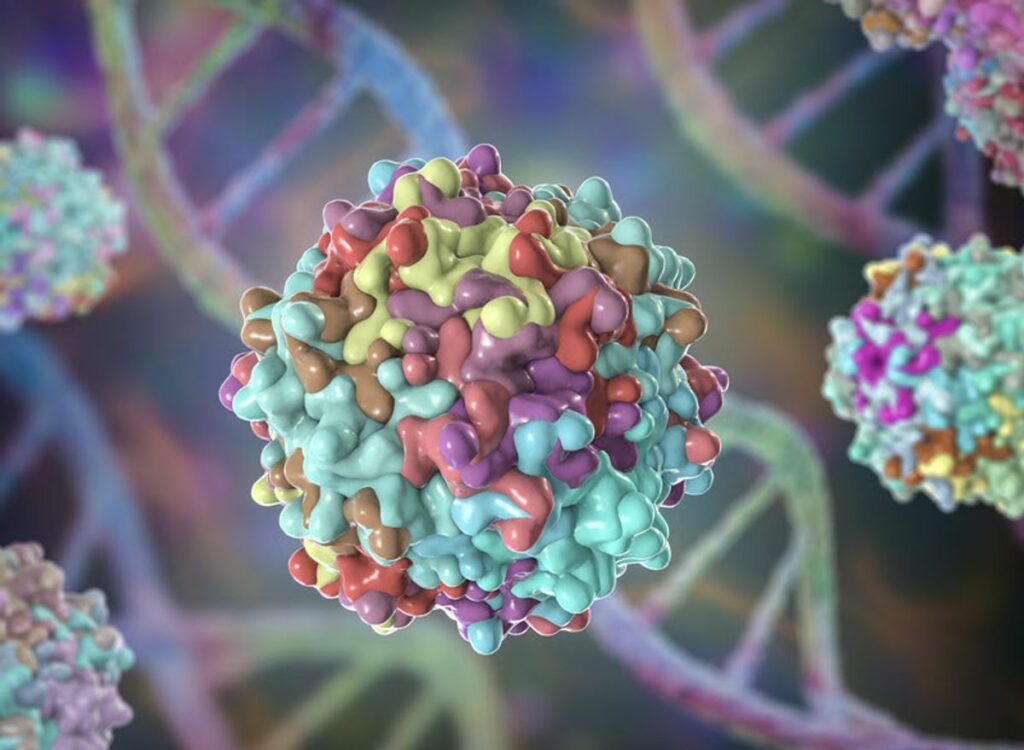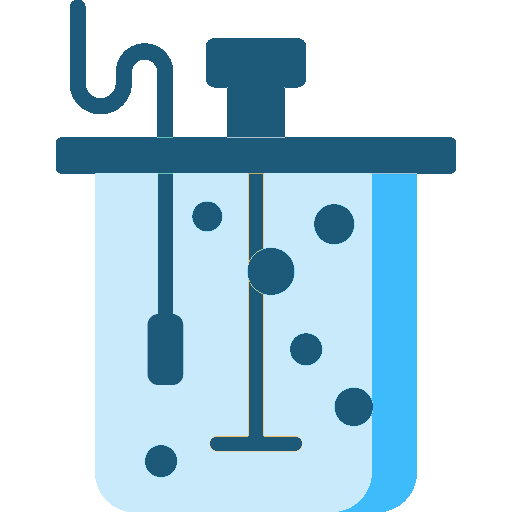Gene Therapy Vectors
There is no single production strategy that can be generalized for all GMP viral vector manufacturing projects. Many are the factors that may influence the health state of drug – producing cells and the quality of the final product such as: transfection reagent, plasmids ratio, time of transfection…

Successful viral vectors bioproduction
HIGH cell proliferation - transfection yield - full /empty capsids ratio + ABSENCE of lot-to-lot variability
Manufacturing is followed by downstream characterization of the final product during which quantitative and qualitative analysis are made to assess production performance.
In case of low production yield, two major case studies can be considered:
- Low viral titer
- High viral titer but Low full / empty capsids ratio
Both cases are related to many factors such as low cell growth, high cell mortality or inappropriate viral packaging. Undoubtedly, the study of the implicated cellular pathways gives detailed information about the state of the cells so you can retro control your cell culture as well as the stress induced by your transfection.
On the other hand, stressors induce cell apoptosis by activating the corresponding signaling pathways. Hence, the importance to better understand the crosstalk between different genes and proteins so we can explain how cells behave in their complex environment.

Example
Manufacturing is followed by downstream characterization of the final product during which quantitative and qualitative analysis are made to assess production performance.
In case of low production yield, two major case studies can be considered:
- Low viral titer
- High viral titer but Low full / empty capsids ratio
Both cases are related to many factors such as low cell growth, high cell mortality or inappropriate viral packaging. Undoubtedly, the study of the implicated cellular pathways gives detailed information about the state of the cells so you can retro control your cell culture as well as the stress induced by your transfection.
GenSensor will help you monitor the activation / inactivation of different genes throughout your bioproduction. Together, we define a biomarker panel that helps you reveal the health of your cells and optimize your bioproduction performance.
Publications portfolio
Lamichhane, P.P.; Samir, P. Cellular Stress: Modulator of Regulated Cell Death. Biology 2023, 12, 1172. https://doi.org/10.3390/ biology12091172
